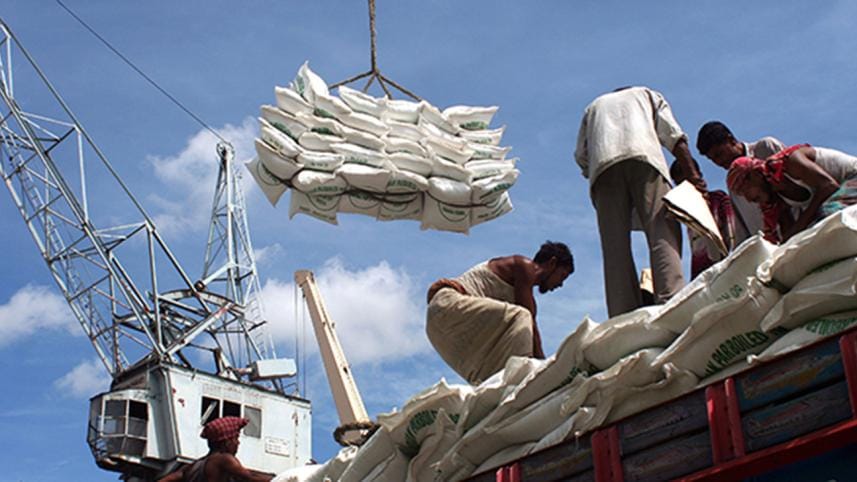Bangladeshis positive about economic future: IRI

The International Republican Institute (IRI) says in a new survey report that Bangladeshis are increasingly becoming optimistic about their better economic future.
The survey, conducted by the US-based institute's Centre for Insights in Survey Research, finds that 64 percent of respondents believed Bangladesh was headed in the right direction, citing improvements in education, transportation and the economy as the three greatest reasons for the country's positive trajectory.
These are among the findings of the latest IRI survey in Bangladesh, based on face-to-face interviews conducted with a randomly selected sample of 2,550 voting aged adults from October 30 - November 19, 2015.
Conducted in cooperation with international research firm Global Strategic Partners, the nationally representative sample was drawn from all 64 districts in the seven divisions of Bangladesh.
The survey is expected to boost the confidence of Prime Minister Sheikh Hasina and her administration as authorities have said the country's economy would grow by 7 percent this fiscal year if political stability is ensured.
Nearly half of the 32 percent of respondents, who believed Bangladesh was headed in the wrong direction, cited political instability as the main reason, the IRI survey report also says.
But the respondents were increasingly positive about the security conditions in Bangladesh with 80 percent stating that current security conditions were very good or somewhat good, a significant increase of 12 points from IRI's June 2015 survey.
The result of the survey was posted online on Monday by the institute.
According to the survey results, respondents remain positive about the direction of their country and are satisfied with the state of the economy. While a slight majority of respondents prefer democracy, the poll also revealed an increase in respondents who believe economic prosperity is more important than democracy.
The survey found that respondents are developing a greater assurance of their future economic well-being.
Nearly 80 percent of Bangladeshi participants stated that the current economic conditions were very good or somewhat good, with 72 percent indicating that their personal economic situation will improve in the coming year.
Nine out of 10 respondents stated that their family has enough income to afford basic commodities. Findings also show that support for the government has increased with 72 percent of respondents stating that they approved of the job being done by the government, an increase of six points from the last survey conducted in June.
Fighting corruption remains a challenge as 49 percent of respondents cited a negative government performance with respect to the issue, versus 47 percent who responded positively.
"The economy is clearly a priority for the Bangladeshi people," said Derek Luyten, IRI regional director for Asia. "However, overall stability will play a critical role in sustaining future economic growth."
In the midst of this growing optimism on Bangladesh's future, the survey showed a shift in the importance placed on a democratic system of government compared to a prosperous economy.
Participants responding that democracy was more important decreased from 68 percent to 51 percent since the June survey, while participants responding that prosperity is more important increased from 27 percent to 45 percent. However, 88 percent of respondents believed that while democracy might have problems, it is still better than any other form of government.



 For all latest news, follow The Daily Star's Google News channel.
For all latest news, follow The Daily Star's Google News channel.
Comments